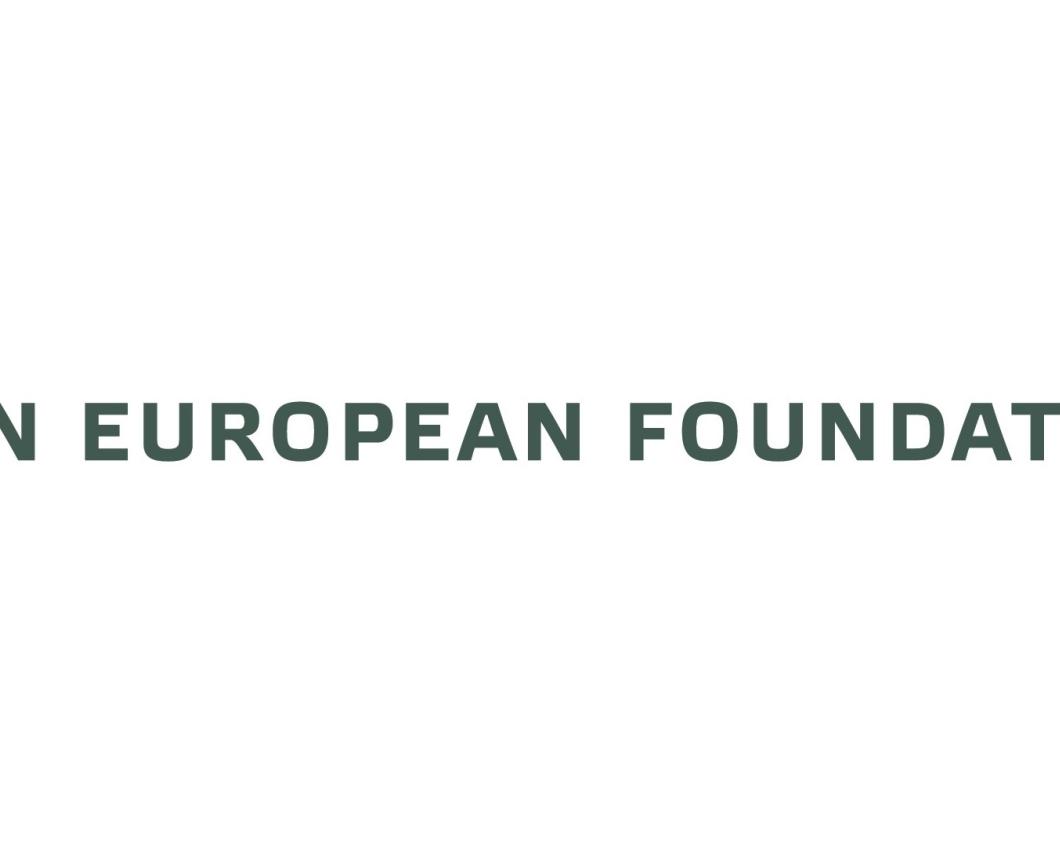Expansion of commodity extraction into new areas – fossil fuels, minerals etc. – is part of the normal economic growth strategy. But this is causing conflicts between governments, indigenous groups and others, as even a cursory glance at the Environmental Justice Atlas makes clear. This feeds broader forms of terrorism. Look at how the FARC in Colombia and Boko Haram in Nigeria are tied to the ability to extract revenues and protect rents. Steering away from an extractivist model of development may have the effect of reducing conflict through less encroachment on other peoples’ territories and lands.
Thus, the only escape route from our current toxic geopolitics is to break the connection between growth and violence and its links with the acquisition of ever more resources and labour from remote parts of the world. Unless you deal with the nature of growth and extractivism you can’t do that.”
If with fewer state resources one is less able to intervene internationally, how would one stand up to Putin and the like? What would be the green foreign policy for when a conflict flares up?
“One of the challenges I have written about in Global Green Politics is that of defence. Greens often want to be internationalists and express solidarity, but if you deliberately weaken the state, such that the state has fewer resources because of degrowth, this means that you are less able to perform those kind of international roles.
But the argument also flips around the other way. You might be required to intervene less around the world if you are generating fewer of those problems, such as stealing fewer resources from other economies and fuelling fewer resentments on the part of former colonies and populations displaced by ongoing extraction by the Global North. We need to build alliances with other governments and social movements to magnify collective pressure on reckless states and corporations, including as mentioned above by withdrawing economic support for them in the form of boycotts and the like.
This is about addressing the root causes of social inequality, unsustainability and war from a green perspective. For Greens, these reside in a growth-oriented economy which extracts wealth from humans and nature in an unsustainable way. If we were to live more sustainably, there would be less need for unrelenting extraction of resources around the world and the use of force to secure and protect those unjust flows of resources from poorer to richer groups and regions. This requires a rebalancing of power relations between states and citizens, capital and labour and the Global North and South. Without this, we will never have a peaceful world.”
You talk about Europe in relation to power. In between internationalism and localism we have Europe. How might that be designed to better support both?
“In Global Green Politics I talk about how Europe can combine supranational oversight and coordination across communities and regions with enabling decisions to be made as locally as possible: the principle of subsidiarity. This means the impulse should be to control as much as you can locally and only go up to national or EU levels when you need to. This would operate across different levels of nested authority co-existing rather than a top-down governance model.



